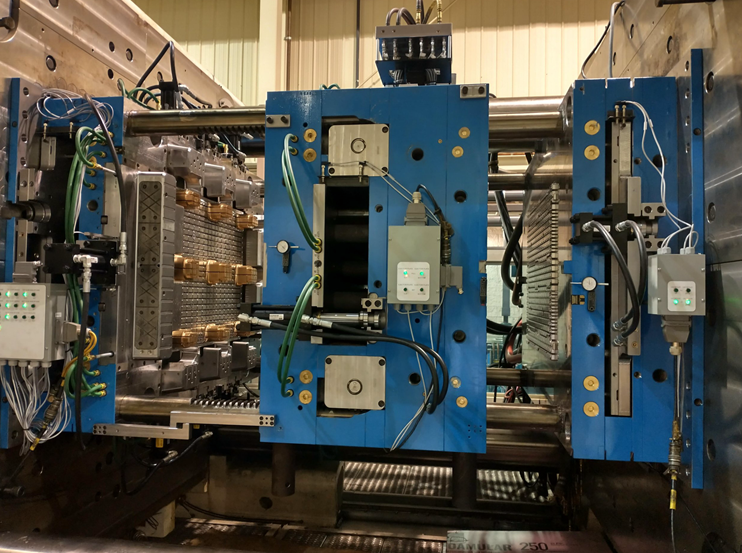Injection Molded Parts: Precision Manufacturing for Top-Quality Products
Injection molding is a popular manufacturing process used to produce a wide range of plastic parts and components. The process involves injecting molten plastic into a mold cavity, which is then cooled and solidified to form the desired shape. Injection molding is known for its precision, speed, and versatility, making it a popular choice for a variety of industries.
The injection molding process starts with the creation of a mold, which is typically made from steel or aluminum. The mold is designed to the exact specifications of the desired part, and can be customized to produce complex shapes and sizes. Once the mold is created, it is installed in an injection molding machine, which is responsible for injecting the molten plastic into the mold cavity.

The plastic material used in injection molding can vary depending on the application and requirements of the part. Common materials include thermoplastics such as polyethylene, polypropylene, and polystyrene, as well as engineering plastics like nylon, ABS, and polycarbonate. These materials offer a range of properties such as strength, durability, heat resistance, and flexibility, making them suitable for a wide range of applications.
One of the advantages of injection molding is its ability to produce high-quality, consistent parts at a fast rate. The process is highly automated, with advanced machinery and computer systems controlling every aspect of the production process. This ensures that each part produced is identical to the last, with no variation in quality or tolerance issues. Injection molding can also produce parts with intricate details and complex geometries, thanks to the precision of the mold design and the ability to control the flow of the molten plastic.

Injection molding is used in a variety of industries, including automotive, medical, consumer goods, and electronics. In the automotive industry, injection molded parts are used for interior and exterior trim components, as well as functional parts such as engine components and electrical connectors. Medical devices and equipment also rely heavily on injection molded parts, which must meet strict safety and quality standards. Consumer goods such as toys, household appliances, and electronics also use injection molded parts for their durability, cost-effectiveness, and versatility.
Overall, injection molding is a highly efficient and effective manufacturing process that can produce high-quality, consistent parts at a fast rate. Its versatility and precision make it a popular choice for a variety of industries, and its ability to produce complex shapes and sizes ensures that it will remain a key manufacturing technique for years to come.
Previous:Exploring the Benefits and Process of Plastic Injection Molding
Next: Injection Mold Manufacturing: Techniques and Best Practices
-
2023-9-14
Plastic fruit crate moulds have revolutionized the way fruits are stored and transported. These moulds are designed to p...
View details -
Designing a Plastic Pallet Mould: A Comprehensive Guide for Manufacturers
2023-12-29
Plastic pallets have become increasingly popular in industries worldwide due to their durability, lightweight nature, an...
View details -
China Creating an Injection Chair Mold: A Guide to Designing and Manufacturing
2023-7-17
Injection molding is a widely used manufacturing process for producing complex parts and components. One such applicatio...
View details -
The many benefits of choosing injection molding for your business
2022-9-9
What is injection molding? Plastic injection molding is the process of melting plastic pellets (thermoset/thermoplastic ...
View details -
How do metal insert molds play a role in manufacturing?
2024-11-26
Metal insert molds play an important role in the manufacturing industry. They not only improve the production efficiency...
View details -
China Aerospace Mold: Precision Engineering for Advanced Aviation Technology
2023-8-10
Introduction In the fast-paced and ever-evolving world of aviation technology, precision engineering plays a cruc...
View details







